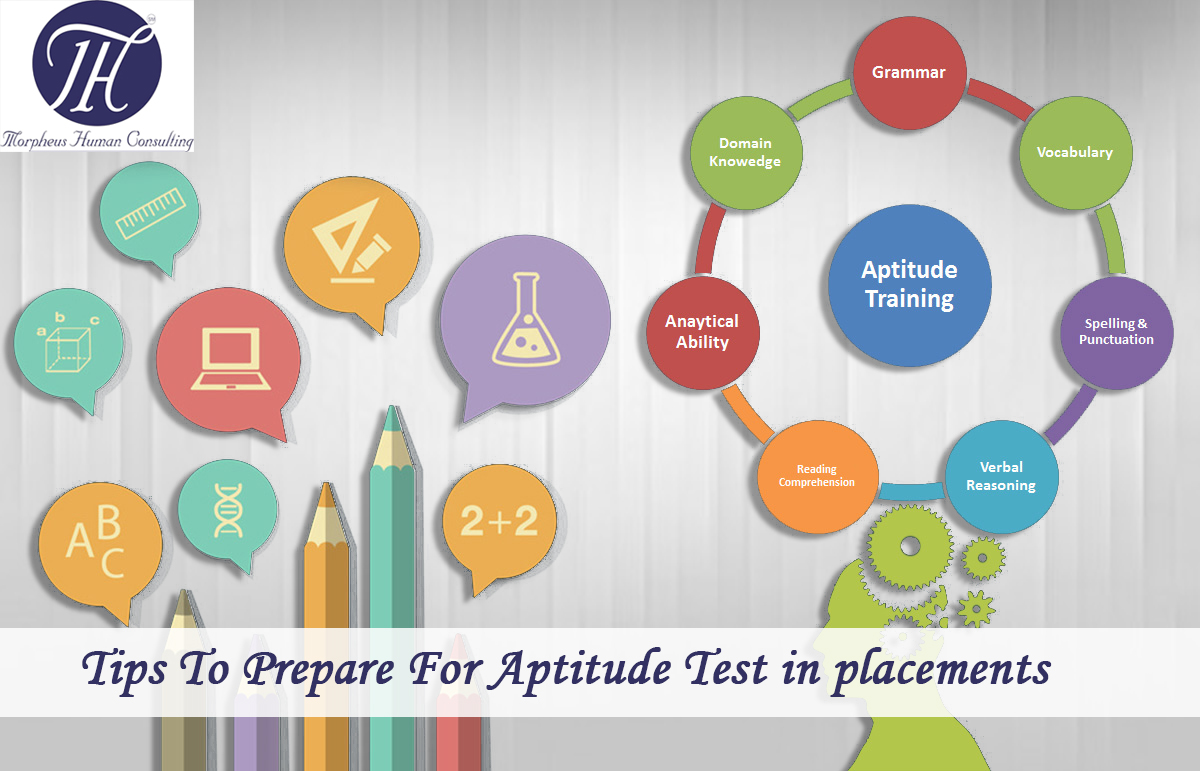Tips To Prepare For Aptitude Test In Campus Placements
Companies that hire students through campus placements have various rounds to shortlist suitable candidates; these rounds include aptitude tests, group discussions and then personal interview. Most, if not all the companies follow this recruitment pattern.
Almost 90% of the applied candidates don’t clear the aptitude test. The aptitude test is used to test the candidate on Quantitative Aptitude, Verbal Ability, and Analytical Ability/Logical Reasoning.
If you don’t know how to effectively prepare for an aptitude test, this post will help you with it.
1. Select the proper study material
This is the most important step as it decides what you will study is useful or not. This decision should be taken very carefully with proper research depending on your requirement or the companies that you wish to interview for.
The best book that covers Quantitative Aptitude part for the test is Quantitative Aptitude for Competitive Examinations by Dr. R.S. Aggarwal. This book is essential for aptitude exams as most companies refer this book; sometimes the test contains the same questions as the book (with same numerical values). This book also explains all the concepts clearly, as other books do not do that.
The more important topics that you need to focus on from this book include
- Time & Work.
- Number Systems.
- Probability, Permutation & Combination (Little differences between these 2 topics).
- Time & Distance.
- Percentages & Ratios
The pattern of the exam may vary depending on the company, but these topics are asked in all tests in some form or another.
For the Logical Reasoning part, the book that can be referred is Verbal & Non-Verbal Reasoning by R.S. Aggarwal. This book is also important as it covers many different types of reasoning problems with solutions and tips to solve.
In the Verbal Ability part, most companies ask questions on Reading Comprehension (MOST IMPORTANT), Fill in the blanks and Synonyms and Antonyms. This part of the test varies company to company, as many companies place importance on different questions. The best way to ace this section is to have a good vocabulary and grammar, for this you need to read as much as you can.
2. Make a time table
After you have decided which study material to use, you need to divide your time based on what you consider your strong and weak areas. More time should be spent on improving your weaker areas to balance out your knowledge.
3. Practice
A lot of practice is needed to crack the test. Daily at least 1-2 hours should be spent on practicing various logical and quantitative aptitude problems also sometime should be spent to improve verbal aptitude by reading various articles and magazines.
4. Review previous year tests
Previous year Aptitude tests should be reviewed and solved to get an idea about the test pattern the company follows. This helps you to focus on the important topics that companies emphasize upon and you can spend more time-solving problems on those topics.
5. Time management
You need to be extra careful on the time you spend on solving a test and make sure you don’t cross the allotted time. Also, don’t spend more time on the less scoring part of the test. This can be fixed by solving multiple Mock tests available online while being mindful of the allotted time.
6. Analyze your work
This step is essential, as you need to analyze your work and find out the area where you are making the most mistakes and correct them.
7. Take the exam
If you have followed the above steps, you are ready to take the test to advance further.
Quick tips to remember
- Try not to guess randomly. Your test score will be comprised of a blend of speed and accuracy. It’s vital not to randomly try to attempt and complete every one of the problems. Work precisely and as fast as possible.
- Don’t Stop. On the off chance that you think a problem will take a long time, mark it and if you have time remaining return to it. A few problems can be tedious and it is best returning to it later.
- Read any direction given before your test. Ensure you make a note of how much time you have and generally how much time you should be spending on each problem.
